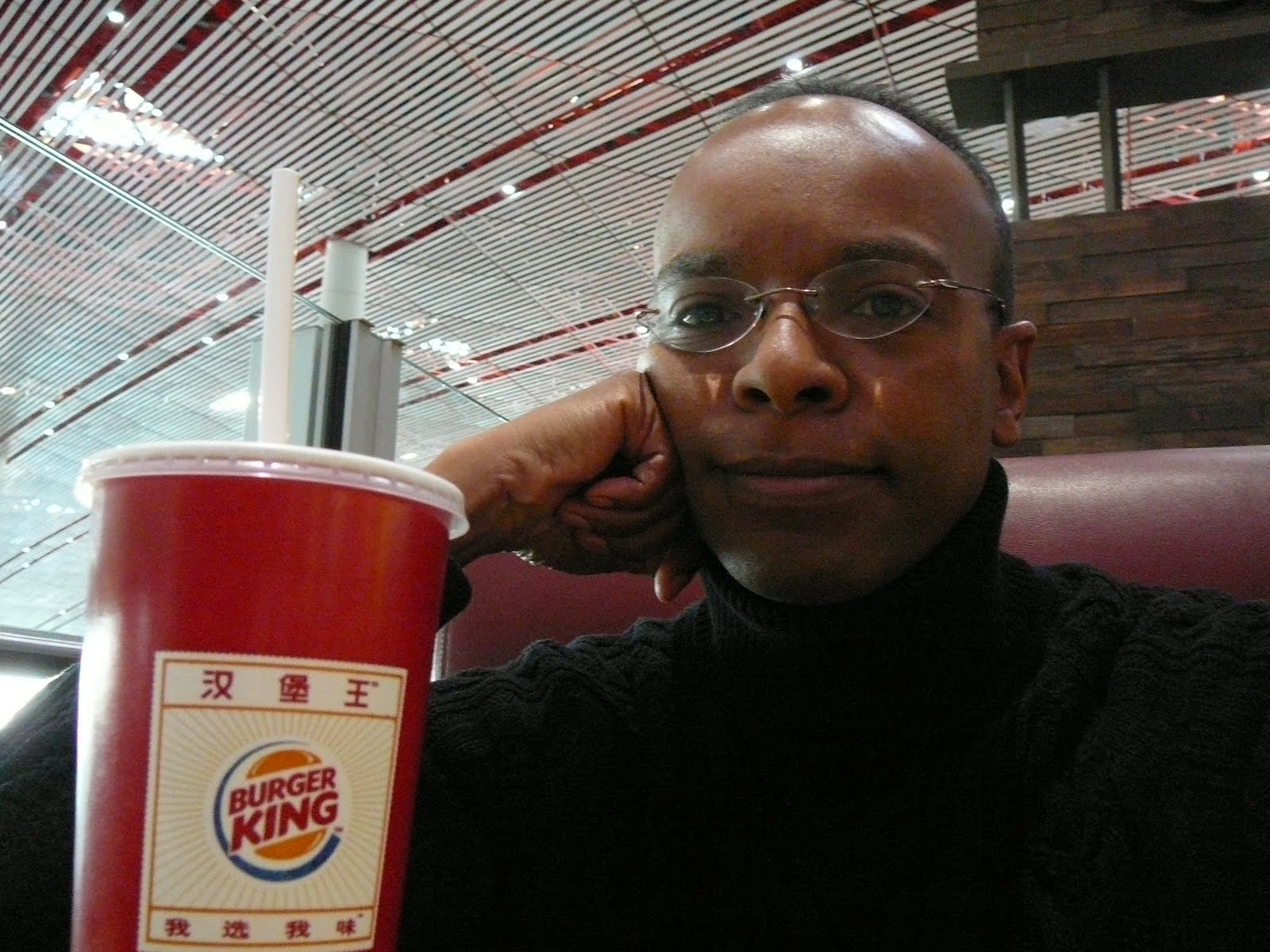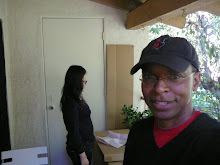
On January 1, I received a text message from one of my English-speaking friends in Beijing. "Happy New Year," she wrote. "I wish the New Year bring you and your families more good lucks." I didn't care that her message did not look entirely correct. The sincerity and kindness shined through, and it was so cute and charming that I almost cried.
Just as with any second language, English is difficult for Chinese citizens. I know it's as tough for them as Mandarin is for me. The languages are different, but the solution is the same. Using the language every day, saying it, reading it, writing it, whatever, is the only way to achieve fluency. Yet there is a trend in China that criticizes those who struggle with English, and ridicules the odd combinations of English and Mandarin dubbed "Chinglish."
Unlike "Spanglish," the mashup of Spanish and English that produced various words, terms, and three-fourths of the street names in the Los Angeles Basin, "Chinglish" will never be accepted into Chinese mainstream society. That's because a certain, small element of said society is embarassed and shamed by it. Big mainland cities like Beijing and Shanghai undertake great efforts to eradicate Cinglish from street signage, restaurant menus, and public service advisories, especially in areas that tourists might visit.
The fact of the matter is, China has more pressing concerns than whether or not some English-speaking visitors get confused, get insulted, or just get a laugh from the strangely deformed words or sentences they see. The tourists should just be glad there's something translated for them to read at all. Pinyin, the form of the Chinese language that uses alphabetical characters, is learned by all Chinese, but no one really uses it. In fact, its a waste of space on the sides of buildings and on highway signs. I'm sure if it was up to most Chinese citizens, they would drop Pinyin altogether and force the rest of the world to learn Chinese characters or face economic oblivion.
So if you are in Beijing, Shanghai, Xian, Shanxi, or Guangxi, don't complain when you read "Hope You Kindly Understanding, Please Note Security." Remember that trying to figure out China is part of the reason why you showed up in the first place, and deciphering Chinglish is one of the most interesting places to start.


